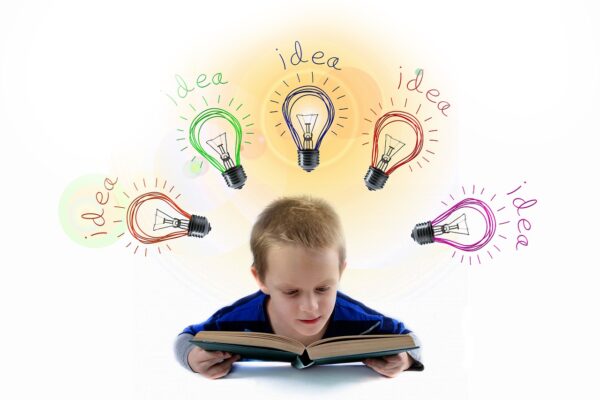Co-development of Science and Math Knowledge and Reading
AERA Research Grant Program

Project Information
Title
Transactional development of science and mathematics knowledge and reading proficiency for multilingual students across languages of instruction
Funding Agency
- American Educational Research Association (AERA)-National Science Foundation (NSF)
Principal Investigator
- PI: Jackie Eunjung Relyea, Ph.D. (North Carolina State University)
Publication
Relyea, J. E., & Hwang, H. (2024). Transactional development of science and mathematics knowledge and reading proficiency for multilingual students across languages of instruction. Developmental Psychology. Advance online publication. https://doi.org/10.1037/dev0001858
Abstract
This longitudinal study explored the reciprocal relations between students’ domain-specific knowledge (science and mathematics) and reading proficiency from kindergarten to Grade 5. We compared these relational trajectories across both domains in the overall sample and examined the domain specificity of these relations within a multilingual subsample with varying language instruction backgrounds. Using latent curve modeling with structured residuals on a nationally representative data set, we identified two key patterns. In the overall sample, higher reading proficiency at kindergarten was associated with greater growth in science and mathematics knowledge, with a particularly pronounced effect in science. The predictive power of science knowledge on reading proficiency strengthened significantly from Grades 2 to 5, while reciprocal relations in mathematics intensified over time. For multilingual students, outcomes varied by the language of instruction. Those receiving English-only instruction showed early correlations between science and mathematics knowledge and reading proficiency; however, initial science and mathematics knowledge did not predict long-term growth in reading proficiency. Conversely, multilingual students who received instruction in their native language showed no immediate correlations at kindergarten. Nonetheless, their early science and mathematics knowledge significantly predicted later growth in reading proficiency. The findings underscore the critical role of native-language instruction in providing an accessible, vital cognitive and linguistic foundation that supports deeper domain knowledge building, highlighting the enduring benefits of native-language scaffolding.